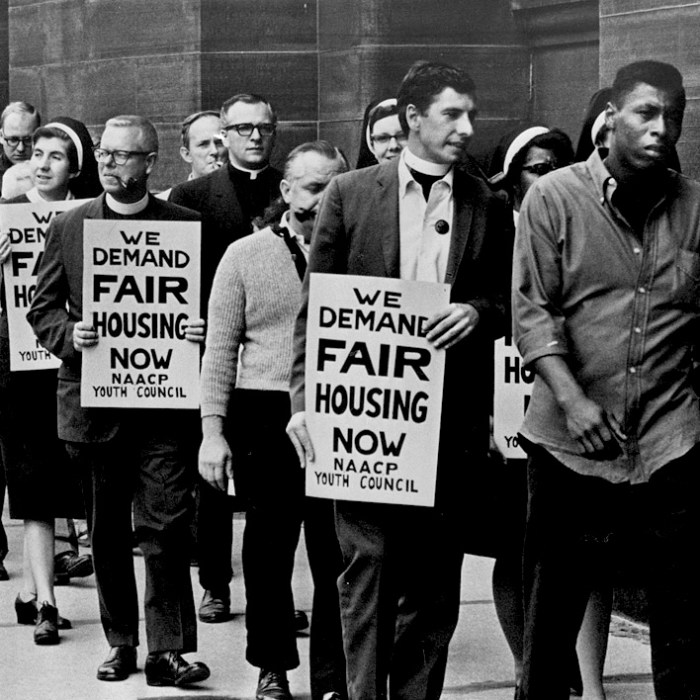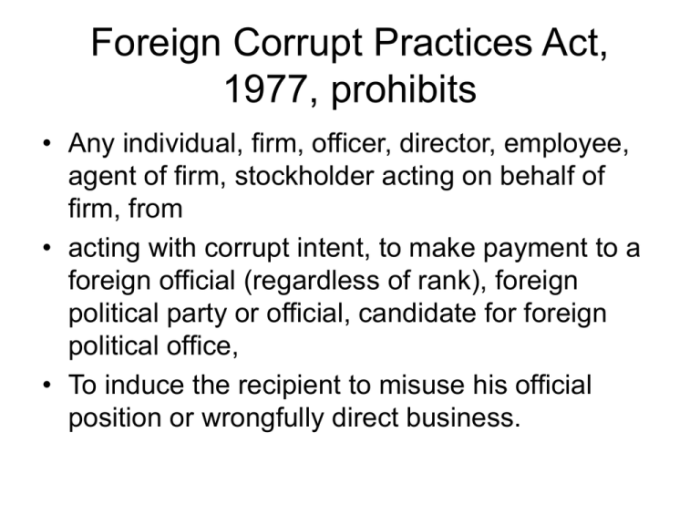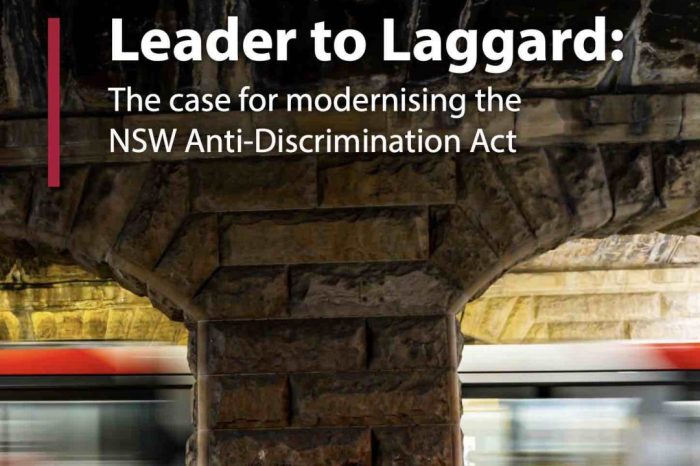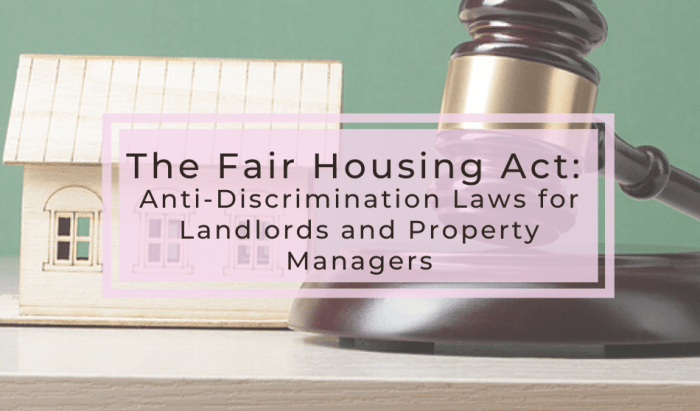The housing financial discrimination act of 1977 prohibits – The Housing Financial Discrimination Act of 1977 (HFDA) is a landmark piece of legislation that prohibits discrimination in lending and housing on the basis of race, color, religion, sex, familial status, national origin, and disability. This comprehensive law has had a profound impact on housing practices and policies, ensuring equal access to housing for all Americans.
The HFDA was enacted in response to widespread discrimination in the housing market, which prevented many individuals and families from obtaining mortgages and securing decent housing. The law’s provisions are designed to eliminate these discriminatory practices and promote fair and equitable access to housing for all.
Overview of the Housing Financial Discrimination Act of 1977

The Housing Financial Discrimination Act of 1977 (HFDA) is a federal law that prohibits discrimination in housing finance on the basis of race, color, religion, national origin, sex, familial status, and disability. The act was enacted to address the systemic discrimination that existed in the housing market, which prevented many people from obtaining fair and equal access to housing.
Protected Classes under the Act
The HFDA protects the following classes of people from discrimination:
- Race
- Color
- Religion
- National origin
- Sex
- Familial status
- Disability
Discrimination based on these classes is defined as any action that treats a person differently based on their membership in one of these groups. This includes actions that deny someone housing, make it more difficult for them to obtain housing, or charge them more for housing than they would be charged if they were not a member of a protected class.
Enforcement and Remedies
The HFDA is enforced by the Department of Housing and Urban Development (HUD). HUD investigates complaints of discrimination and can take action against lenders, landlords, and other housing providers who violate the law. Remedies for discrimination under the HFDA can include:
- Compensatory damages
- Punitive damages
- Injunctive relief
- Civil penalties
Exceptions and Limitations, The housing financial discrimination act of 1977 prohibits
The HFDA does not prohibit all forms of discrimination. There are some exceptions to the law, including:
- Discrimination based on a bona fide occupational qualification
- Discrimination based on a religious organization’s religious beliefs
- Discrimination based on a private club’s membership policies
Impact and Significance
The HFDA has had a significant impact on housing practices and policies. The law has helped to reduce discrimination in the housing market and has made it easier for people to obtain fair and equal access to housing. However, there are still challenges in enforcing the HFDA, and there are some areas where the law could be strengthened.
Query Resolution: The Housing Financial Discrimination Act Of 1977 Prohibits
What is the Housing Financial Discrimination Act of 1977?
The Housing Financial Discrimination Act of 1977 is a federal law that prohibits discrimination in lending and housing on the basis of race, color, religion, sex, familial status, national origin, and disability.
Who is protected under the HFDA?
The HFDA protects all individuals and families from discrimination in lending and housing. This includes individuals and families who are members of a protected class, such as race, color, religion, sex, familial status, national origin, and disability.
What types of discrimination are prohibited under the HFDA?
The HFDA prohibits a wide range of discriminatory practices in lending and housing, including refusing to lend to someone based on their race, color, religion, sex, familial status, national origin, or disability; charging higher interest rates or fees to someone based on their race, color, religion, sex, familial status, national origin, or disability; and steering someone to a particular neighborhood based on their race, color, religion, sex, familial status, national origin, or disability.


